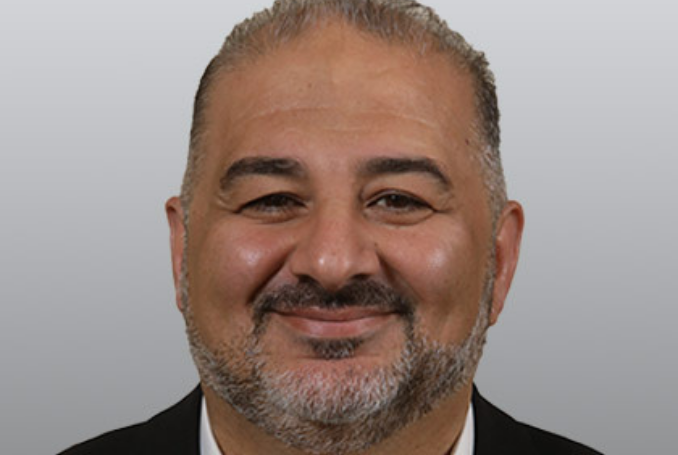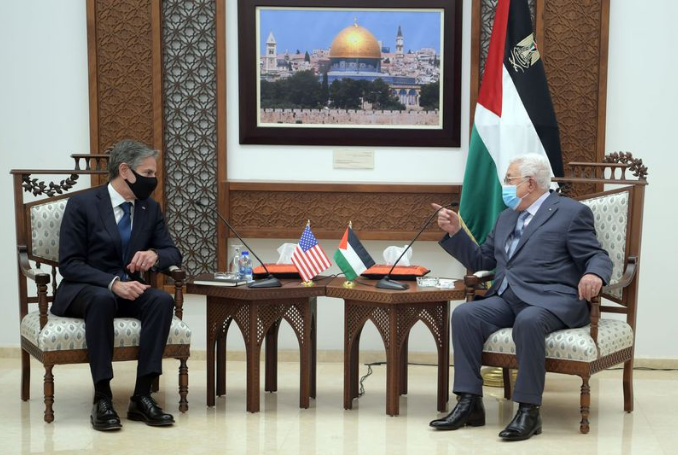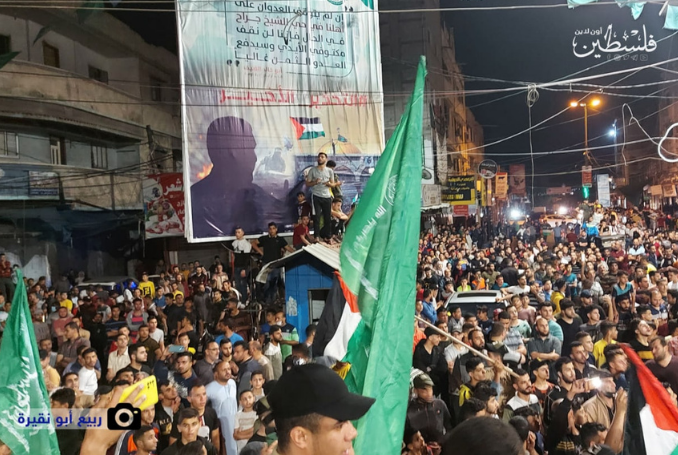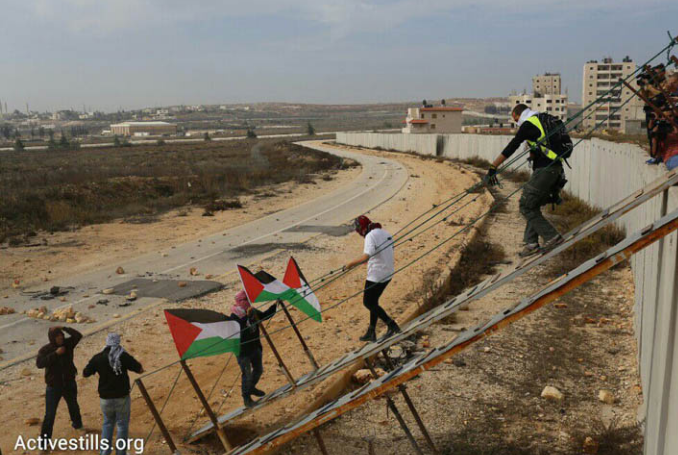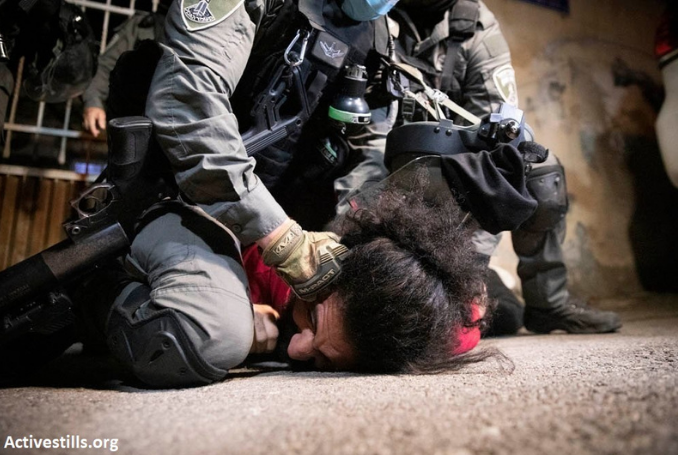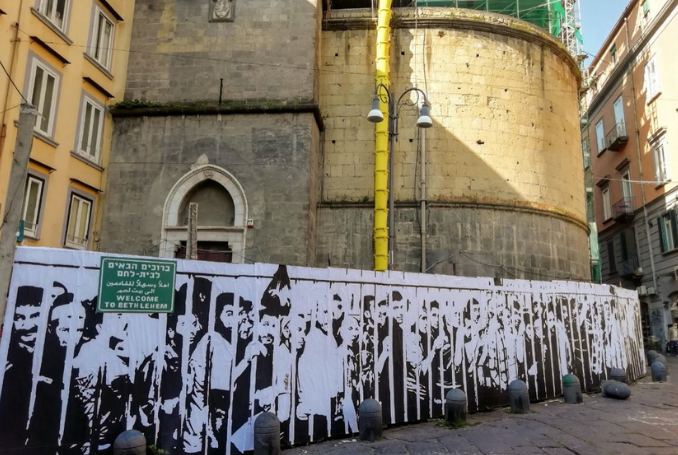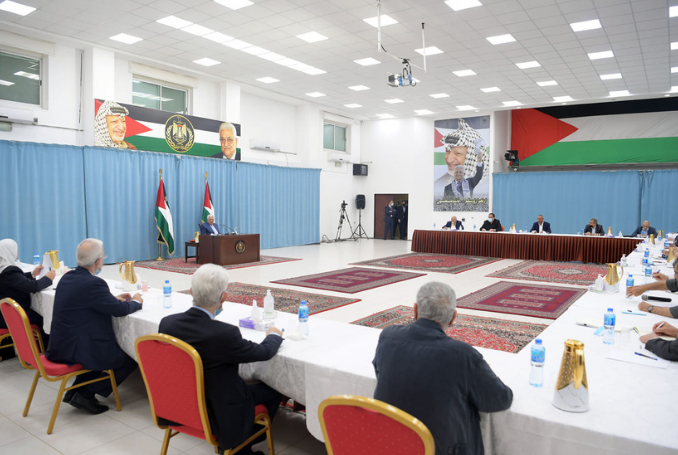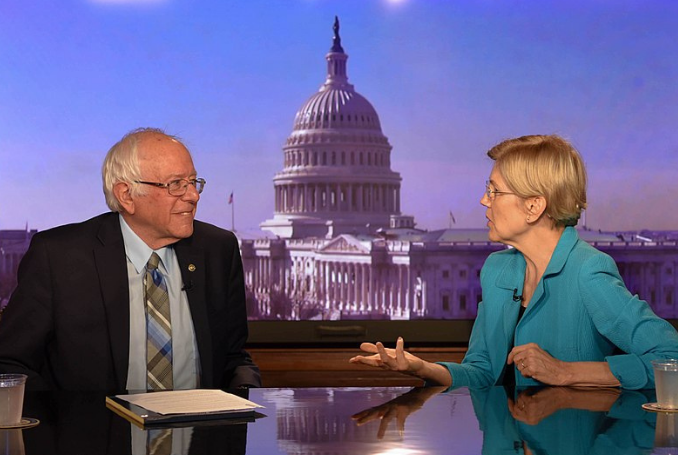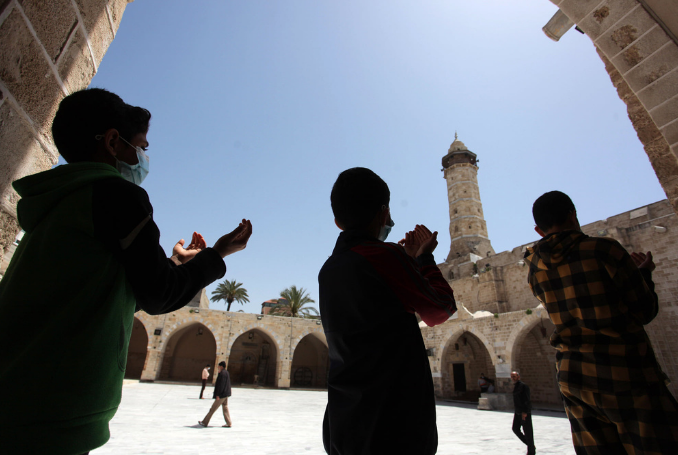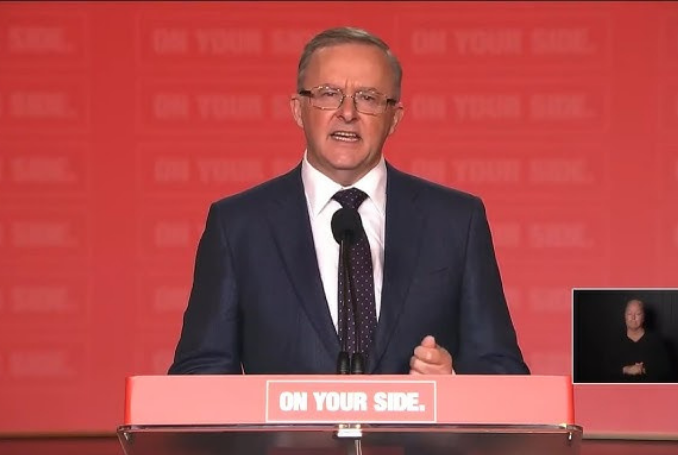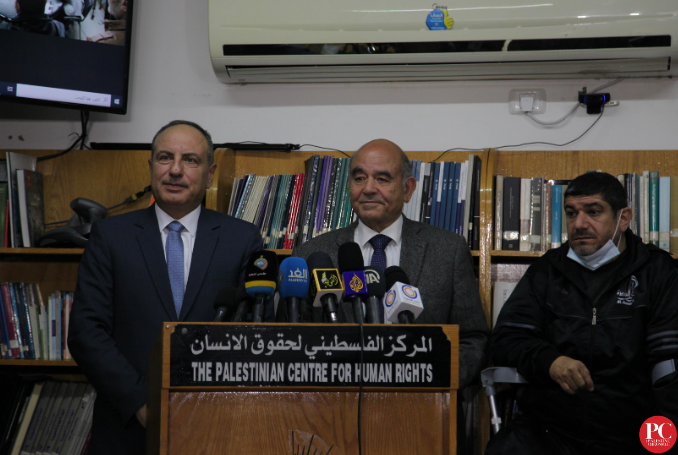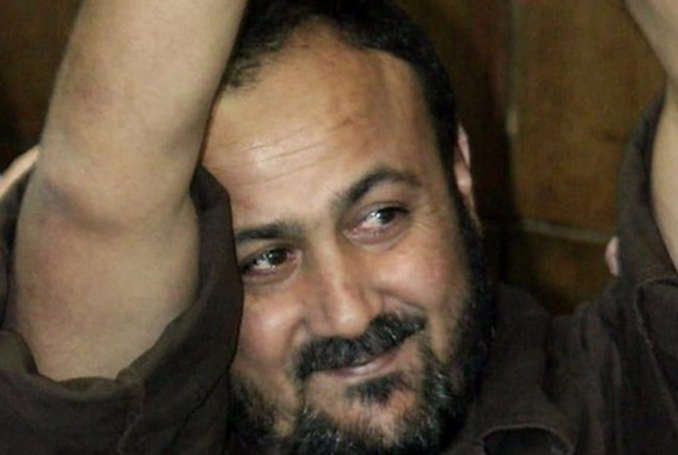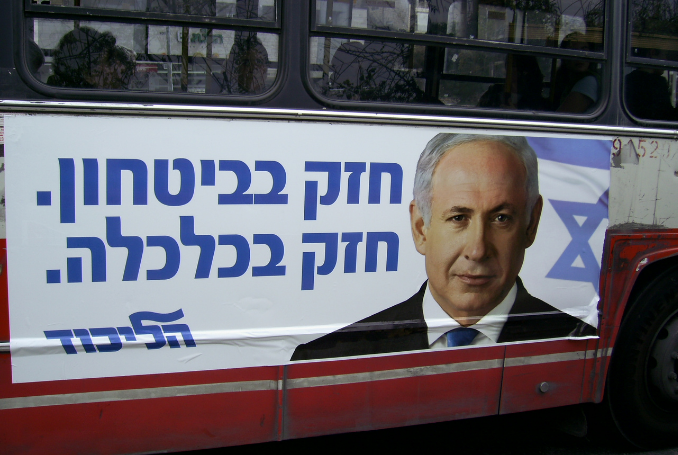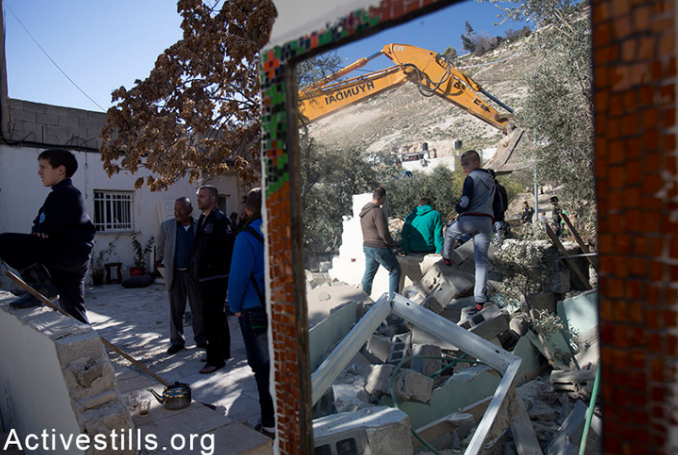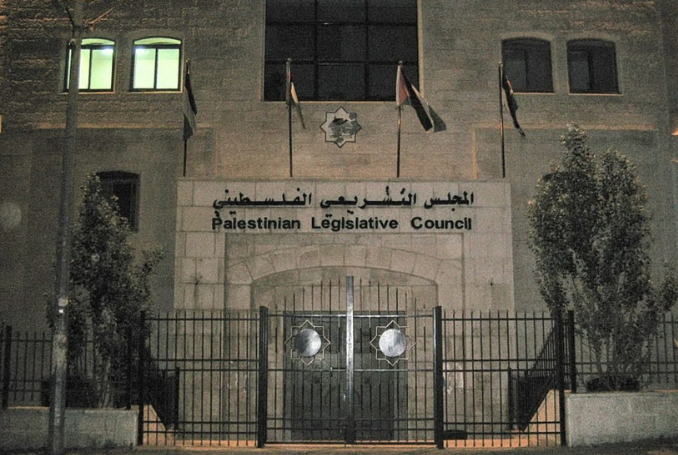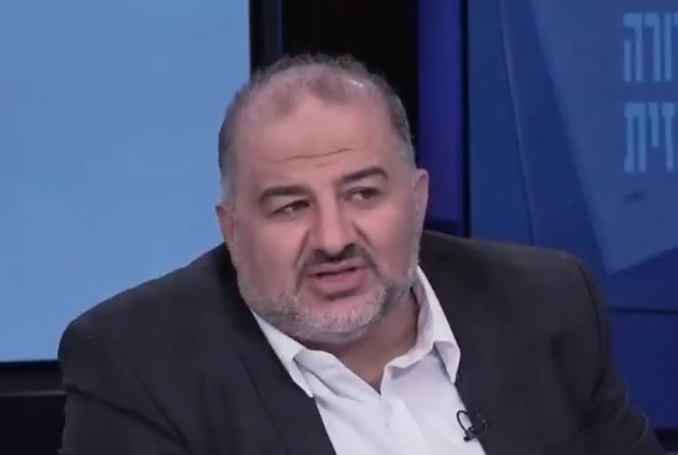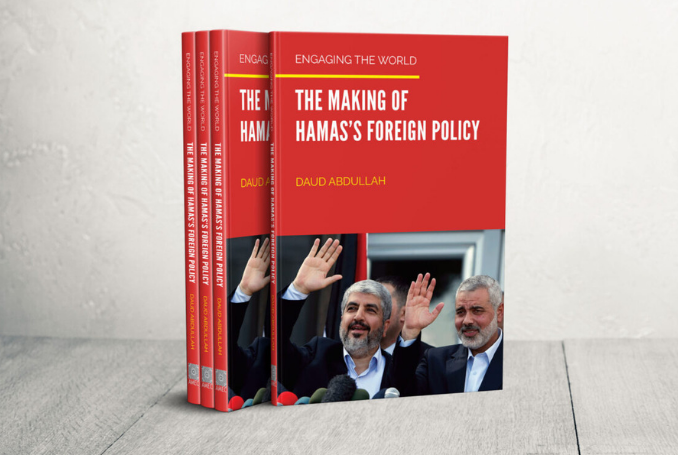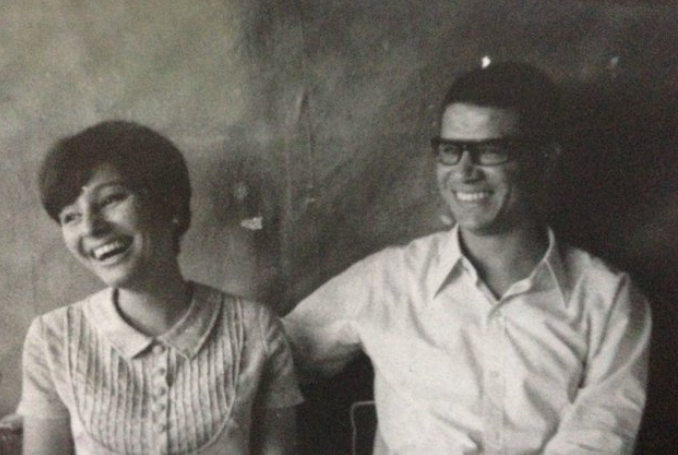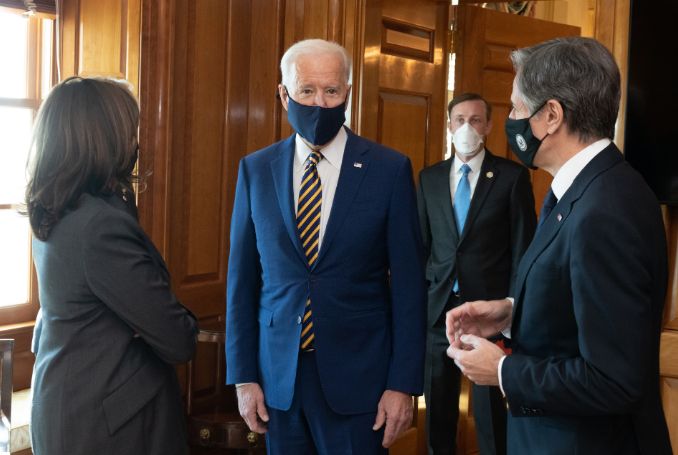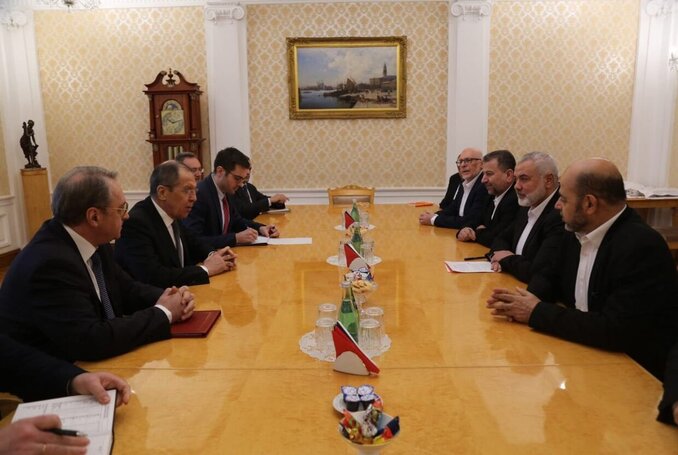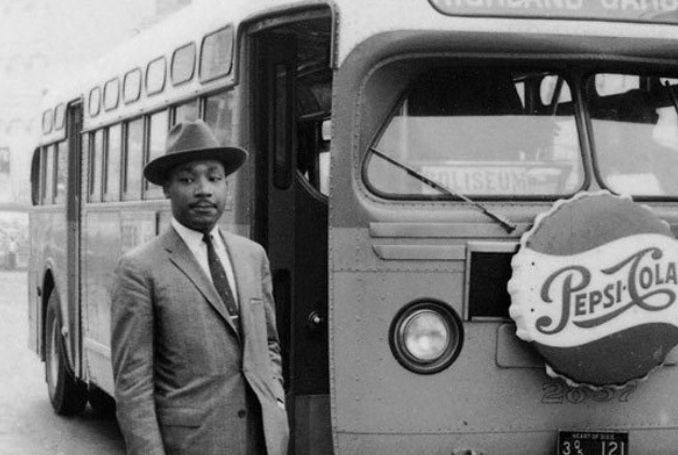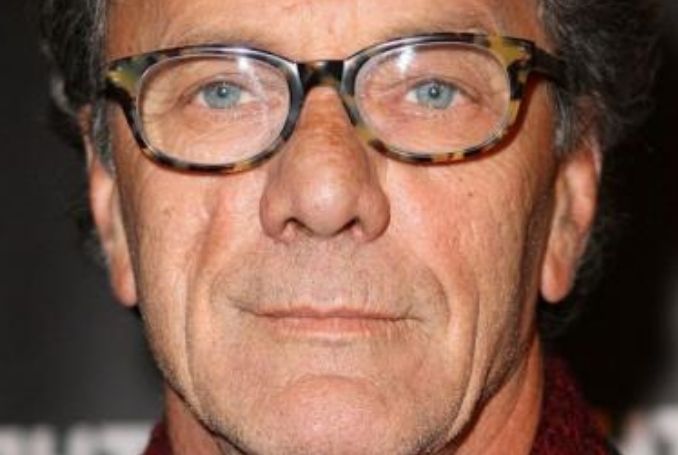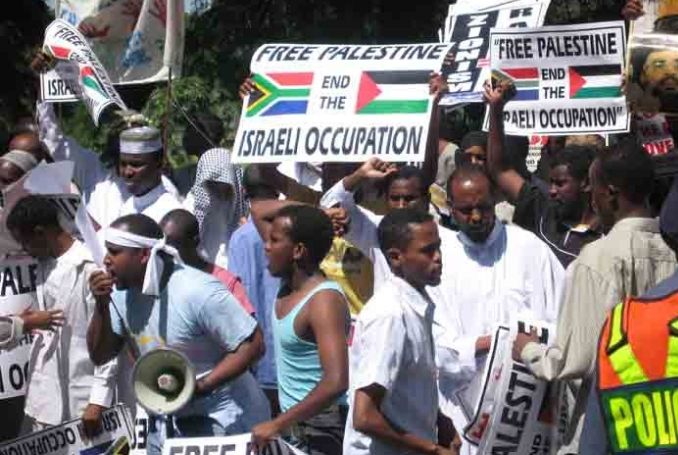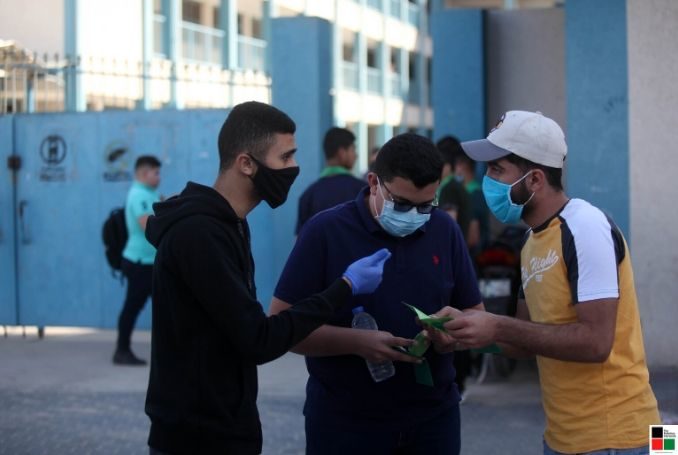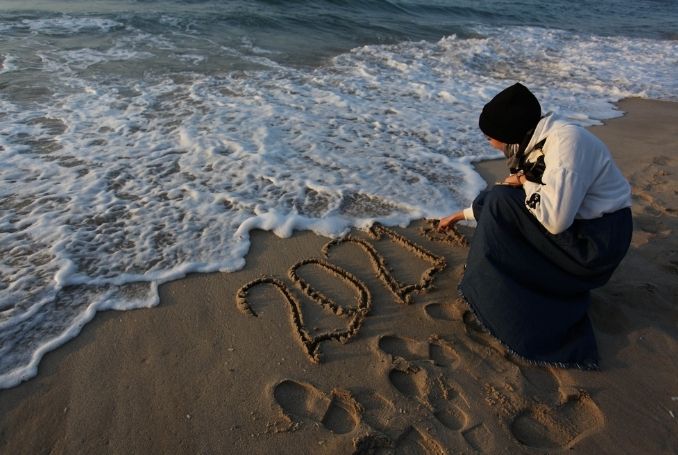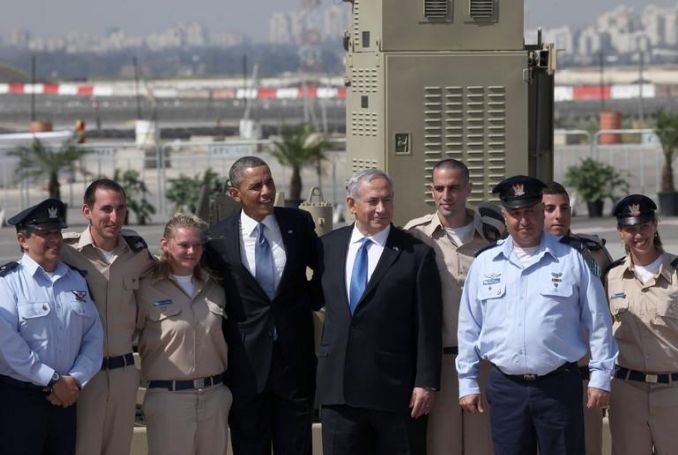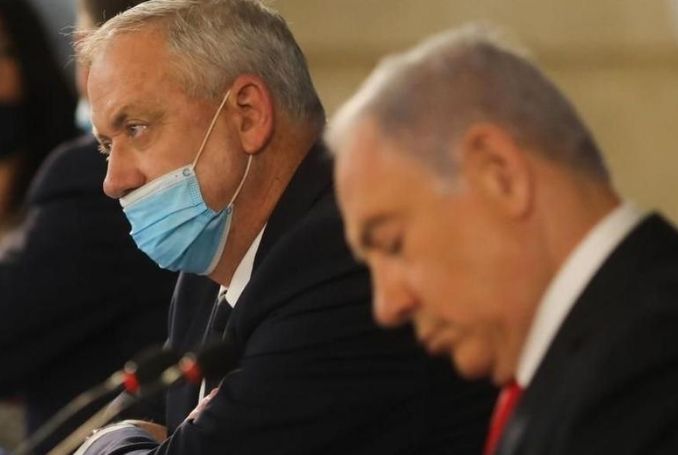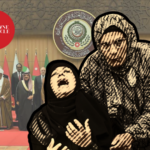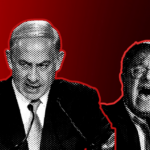- May 21, 2025
Palestine/Israel
Power at Any Cost: How Opportunistic Mansour Abbas Joined Hands with Avowed ‘Arab Killers’
n truth, Mansour Abbas, a Palestinian Arab politician who is willing to find common ground with extremists and proud ‘Arab killers’, only represents himself. The future shall attest to this claim.
The Fumbling King of Palestine: Palestinians are Defeating the Oslo Culture
Neither Washington, Tel Aviv, nor Mahmoud Abbas’ PA can possibly resuscitate the past and the miserable culture that Oslo has imposed on the Palestinian people. Only Palestinians can lead this transition for a better future, that of national unity, political clarity and, ultimately, freedom.
Palestine’s Moment: Despite Massive Losses, Palestinians Have Altered the Course of History
Finally, it can unequivocally be asserted that the Palestinian resistance scored a major victory, arguably unprecedented in its proud history. This is the first time that Israel is forced to accept that the rules of the game have changed, likely foreverhttps://www.middleeastmonitor.com/20210525-despite-massive-losses-the-palestinians-have-altered-the-course-of-history/
Unity at Last: The Palestinian People Have Risen
Speak up. Speak out. The Palestinians have risen. It is time to rally behind them.
The Evolution of Apartheid: Why Israel is Becoming a Pariah State
No amount of Israeli propaganda and smear campaigns can turn the tide back in favor of Israel. While it may be too early to speak of a major paradigm shift, it is certainly no longer far-fetched to imagine that such a possibility is finally at hand.
Muna is Palestine, Yakub is Israel: The Untold Story of Sheikh Jarrah
The untold story of Sheikh Jarrah, of Jerusalem – in fact, of all of Palestine – is that of Muna and Yakub, the former representing Palestine, the latter, Israel. For justice to ever be attained, Muna must be allowed to reclaim her stolen home and Yakub must be held accountable for his crime.
‘Anti-Zionist Naples’: Award-Winning Italian Artist Speaks about Palestine and Why He Quit Photojournalism
We spoke to the Italian artist to understand his connection with Palestine and the Arab world, his inspirations and his ongoing fight against injustice in all of its forms.
Palestine’s Moment of Reckoning: On Abbas’ Dangerous Decision to ‘Postpone’ Elections
The decision on April 30 by Palestinian Authority President, Mahmoud Abbas, to ‘postpone’ Palestinian elections, which would have been the first in 15 years, will deepen Palestinian division and could, potentially, signal the collapse of the Fatah Movement, at least in its current form. Unlike the last Palestinian parliamentary elections in 2006, the big story, […]
Bottom-up Politics: Grassroots Activism Behind Pro-Palestine Shift in the US
While the Israel lobby still wields the dual weapon of money and propaganda, politically engaged grassroots activism is proving decisive in garnering American solidarity with Palestine, while slowly translating this solidarity into actual political gains.
A Palestinian Prayer for Ramadan: May the Voices of the Oppressed Be Heard
Perhaps this Ramadan can serve as the opportunity for social justice to be finally enacted and for the oppressed to be heard so that their hymn of torment and hope may rise above the clouds.
Recognition of Palestine is ‘Symbolic’ but also Critical: The Australian Case
The ALP recognition of Palestine is, for now, mere symbolism. If utilized correctly, through pressure, advocacy and mobilization, it could turn into something meaningful in the future.
Israel Rejects ICC Investigation: What Are the Possible Future Scenarios?
While Palestinians remain cautious about the future of the investigation, hope is slowly rising that, this time around, things may be different and that Israeli war criminals will eventually be held accountable for their crimes. Time will tell.
From His Solitary Confinement, Marwan Barghouti Holds the Key to Fatah’s Future
As it stands, the key to the future of Fatah is now held by a Palestinian prisoner, Marwan Barghouti, who has been kept by Israel, largely in solitary confinement, since 2002.
Kafkaesque Politics: The Missing Lessons from Israel’s Latest Elections
With or without Israel’s longest-serving prime minister, Israel is unlikely to produce a politically unifying figure, one who is capable of redefining the country beyond Netanyahu-style cult of personality.
The Nakba of Sheikh Jarrah: How Israel Uses ‘the Law’ to Ethnically Cleanse East Jerusalem
While the Israeli State claims to play an impartial role in this scheme, it is actually the facilitator of the entire process. The final outcome manifests in the ever-predictable scene, where an Israeli flag is triumphantly hoisted over a Palestinian home and a Palestinian family is assigned an UN-supplied tent and a few blankets.
Elections under Fire: Palestine’s Impossible Democracy Dilemma
Palestine, like other Middle Eastern countries, including Israel, does have a crisis of political legitimacy. Since Palestine is an occupied land with little or no freedom, one is justified to argue that true democracy under these horrific conditions cannot possibly be achieved.
Ready to Work with Netanyahu: Mansour Abbas Splinters Arab Vote in Israel
Now that all electoral alliances have been finalized, Mansour Abbas has clearly made the wrong choice and, no matter the outcome, he has already lost.
Engaging the World: The Making of Hamas’s Foreign Policy
Abdullah’s volume on Hamas is a must-read, as it offers a unique take on Hamas, liberating the discussion on the Movement from the confines of the reductionist Western media’s perception of Hamas as terrorist – and of the counterclaims, as well. In this book, Hamas is viewed as a political actor, whose armed resistance is only a component in a complex and far-reaching strategy.
Imagining Palestine: On Barghouti, Darwish, Kanafani and the Language of Exile
Millions of Palestinians continue to live in exile, generation after generation, painstakingly negotiating their individual and collective identities, neither able to return, nor feeling truly whole. These millions deserve to exercise their Right of Return, for their voices to be heard and to be included.
‘Leaving Aside’ International Law: Why Democrats are as Dangerous as Republicans to a Just Peace in Palestine
While the Democratic discourse remains committed to arming and defending Israel, it provides Palestinians and Arabs with no meaningful change, because substantive change can only occur when international law is respected. Unfortunately, according to Blinken’s logic, such seemingly trivial matters should, for now, be ‘left aside’.
The Russian Alternative: How Moscow is Capitalizing on US Retreat in Palestine, Israel
The US now has no other option but to slowly retreat from its previous commitments to the peace process: in fact, the region as a whole. As is often the case, any American retreat means a potential opening for Russia, which is now laying claim to the role of peace broker, a seismic change that many Palestinians are already welcoming.
Our Mutual Fight: The Case against Pakistani Normalization with Israel
The Palestinian and Pakistani peoples need each other as vanguards against racism, military occupation and injustice. They must remain united at the forefront of this defining fight, no matter the sacrifices and the pressures. If Pakistan abandons this noble fight, the pain of this loss will be felt most deeply in the heart of every Palestinian, for generations to come.
‘Freedom is Never Voluntarily Given’: Palestinian Boycott of Israel is Not Racist, It is Anti-Racist
The boycott movement aims at holding the oppressor accountable as it places a price tag on military occupation and apartheid. Not only is the Palestinian boycott movement not racist, it is essentially a rallying cry against racism and oppression.
B’Tselem’s Historic Declaration: Israel’s Open War on Its Own Civil Society
Even in the eyes of many Israeli Jews, the Israeli government no longer possesses any democratic ideals. Indeed, as B’Tselem has succinctly worded it, Israel is a regime of Jewish supremacy ‘from the Jordan River to the Mediterranean Sea.’
Fearing the Palestinian Narrative: Why Israel Banned ‘Jenin Jenin’
A Palestinian people with a coherent, collective narrative will always exist no matter the geography, the physical hardship and the political circumstances. This is what Israel fears most.
Beyond Slogans: Palestinians Need an Urgent, Centralized Strategy to Counter Israel in Africa
By Ramzy Baroud Arab normalization with Israel is expected to have serious consequences that go well beyond the limited and self-serving agendas of a few Arab countries. Thanks to the Arab normalizers, the doors are now flung wide open for new political actors to extend or cement ties with Israel at the expense of Palestine, […]
Covid-19 under Apartheid: How Israel Manipulates Suffering of Palestinians
Long after the deadly pandemic is contained, the tragedy of occupied Palestine will, sadly, continue unhindered, until the day that Israel is forced to end its military occupation of Palestine and the Palestinians.
2021: Palestine’s Chance of Fighting Back
2020 may have been a devastating year for Palestine, but a closer look would allow us to see it as an opportunity for a whole new Palestinian political discourse. 2021 is Palestine’s chance of fighting back.
The US Money Tree: The Untold Story of American Aid to Israel
Judging by its legacy of continued support of the Israeli military machine and the ongoing colonial expansion in the West Bank, Washington insists on serving as Israel’s main benefactor – if not a direct partner – while shunning Palestinians altogether. Expecting the US to play a constructive role in achieving a just peace in Palestine does not only reflect indefensible naivety but willful ignorance as well.
A Country in Turmoil: Why Netanyahu is a Symptom, Not Cause of Israel’s Political Crisis
Without a clear ideology, especially when combined with the lack of a written Constitution, Israeli politics will remain hostage to the whims of politicians and their personal interests, if not that of Netanyahu, then of someone else.


